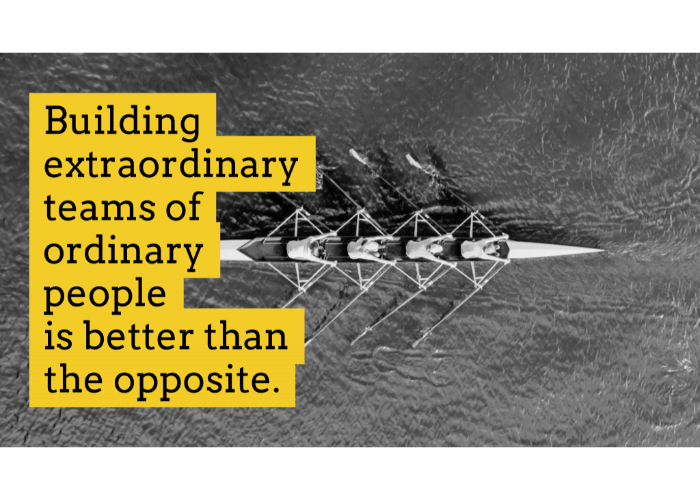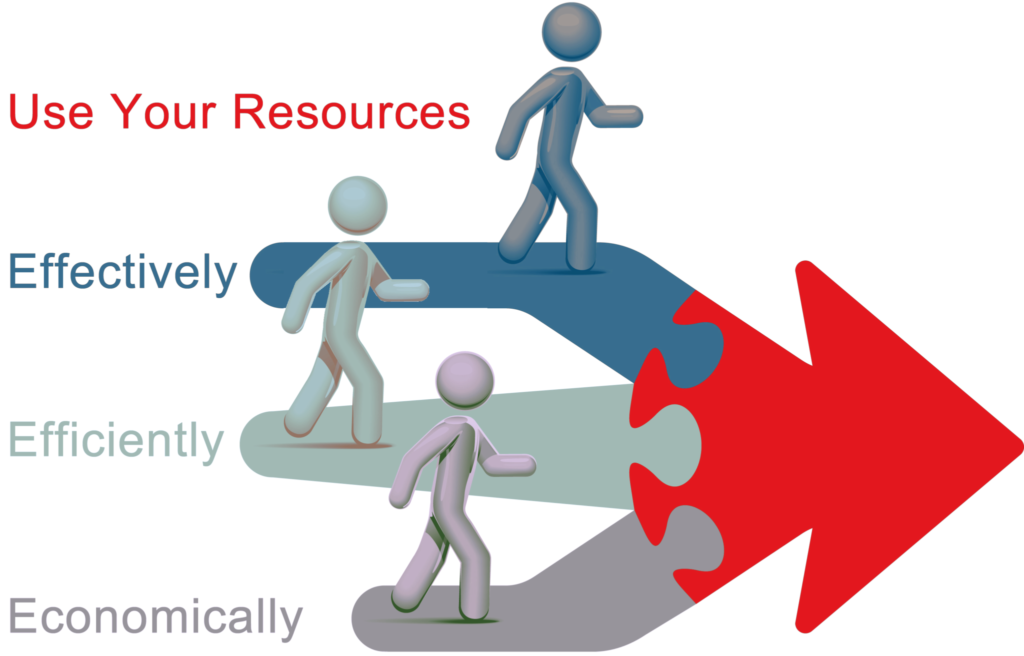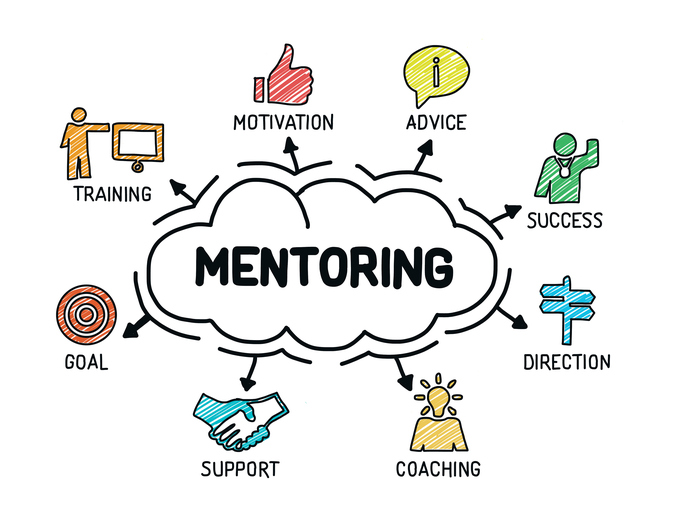Build Trust & Create More Opportunities
Which skill is required to sustain any relationship whether it is with your employees, co-workers, customers or your own family members? The answer is simple, TRUST. Trust is a belief in someone’s character, truth or strength. It is a building block to foster any relationship.

For any company to be successful, it is imperative to have trustworthy employees and loyal clients. To achieve this, the company has to build trust and loyalty in the hearts of people. However, building trust is not a one-time transaction. It is built over a period of time with a lot of effort and patience.
And once the trust is built, opportunities for an entrepreneur are endless so let’s understand the ‘mantra’ to achieve success.
Ways to build trust at the workplace
- Create a connection

It is very important to build a personal connection with your employees. An entrepreneur should emphasize common strengths amongst employers and employees and motivate them to align their goals with that of the organization. He should understand the challenges faced by the workforce and help them to overcome the problems. A leader should always encourage the people under them and give them opportunities to grow. He should incentivize and motivate his employees to achieve their targets and be part of their celebration of achieving success.
- Support your team

A leader should always be honest and transparent with his people. As per Oddy India CEO –Mr. Atul Garg, ‘If an entrepreneur is honest with his people, a positive culture will flourish in the organization’. The employee will take the feedback positively and work towards improving themselves. At the same time, employers should also be sensitive and support the team.
- Protect your employees

Another way to build trust in a workplace is to respect team members and give them credit for all the good work. Many employers blame their workforce if something goes wrong. This is a very ill practice as your employee will lose their confidence says, Mr. Garg. The manager should always protect his team and should take accountability.
- Keep promises

One of the easiest ways to build trust is to keep your promise. It is one of the most important leadership skills. If you have promised something to your employees, keep your word. If you fail to do that, your employees will never trust you. There might be circumstances, where you are not able to fulfill, in that case, you should be honest with your people.
- Be a role model

You should continuously motivate and inspire your employees to achieve the company’s goals and missions, says Oddy India CEO – Atul Garg. To set the right expectation, it is imperative to set yourself as an example so your employees can follow you. For that, you need to constantly improve yourself and learn. Being a role model for others is one of the important leadership skills to earn trust in the workplace. If you don’t have this skill, people will never be inclined to work for your organization.
- No favouritism
This is the worst way to lose trust by favoring one over another. You should avoid doing this at any cost if you have to develop trust with your workforce.

Once you build trust with your own workforce and they are aligned with you to achieve the company’s goal. It is time to shift your gears and think about another facet of the coin i.e. customers. Building trust with your customer is equally important as it generates endless opportunities for a company. Let us understand a few ways to build trustworthy and loyal customers.
Ways to Build Trust with Clients
- Excellent customer service

Thousands of brands are competing for the same product in the market but what makes your brand unique and reliable is excellent customer service. Helpful or prompt service is always remembered by a customer. This helps in building trust in the brand whereas bad customer service leads to bad word of mouth which can tarnish a brand’s image. Nowadays Companies are available on chat and social media and promptly respond to customer’s grievances.
- Make the sure customer feel safe
It is very important that customers feel safe when using your product or service. Customer data should be kept safe and secured at any cost. The company should publish testimonials and reviews of its product and company on their website and such information should be correct, updated, and readily available.
- Ask for Inputs / Feedbacks

Taking inputs and feedback from customers helps in constant engagement. You should always be honest with your customer in terms of product and processes and acknowledge the error proactively. It is said that you should ‘under promise and over deliver’ as this helps in gaining your customer’s confidence. Customers always appreciate people who are ready to listen to their grievances and go out of their way to solve them.
- Customer’s first

The customer-centric atmosphere is very crucial for any organization’s success. The employees should be focused on the customer’s needs rather than pushing the company’s product on them. Customer care should be prompt and helpful to the customer and all the information about the product and company should be available and updated on the website. This approach where customers are treated first helps in building customer satisfaction and loyalty in the long run.
- Loyalty program

Nowadays, companies are investing huge amounts in loyalty programs. This in turn helps in customer retention as well as increasing product per customer (PPC). Attractive Loyalty programs can also lead to new sales or leads.
- Make your brand personal

Rather than spending money only on advertisement and marketing, a brand should also focus on providing a human touch. Employees should interact constantly with existing customers and build good relationships with them. Your customer will feel more connected with you than your competition.
Conclusion
Once you are able to build trust amongst employees and clients, you will reap many benefits such as increased productivity amongst employees, improved morale within the workforce, improved employee efficiency and collaboration. It will increase the willingness to stay with the brand either by customers or employees. Customers will also refer your company to their friends and family which will further increase the profitability of your organization.






